Latest
Retail News
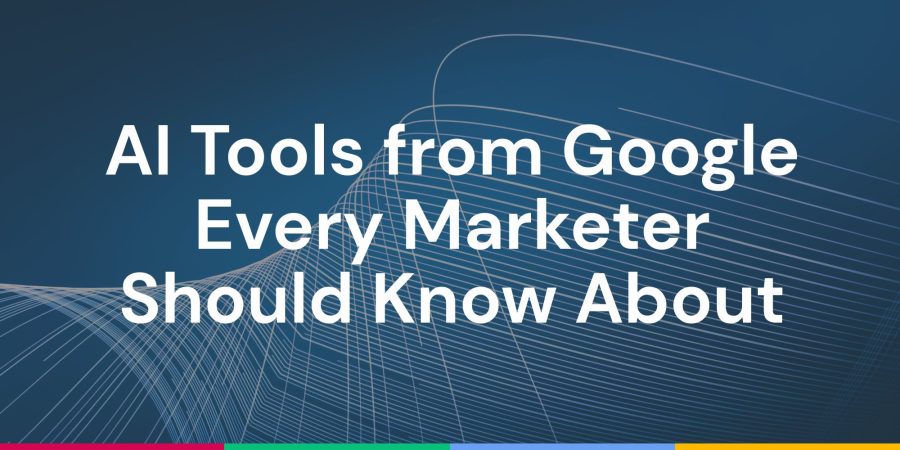 News
News
AI Tools from Google Every Marketer Should Know About
This week’s Google’s Exec Leaders event was the best Google event I’ve attended in a long time (and I’ve attended…
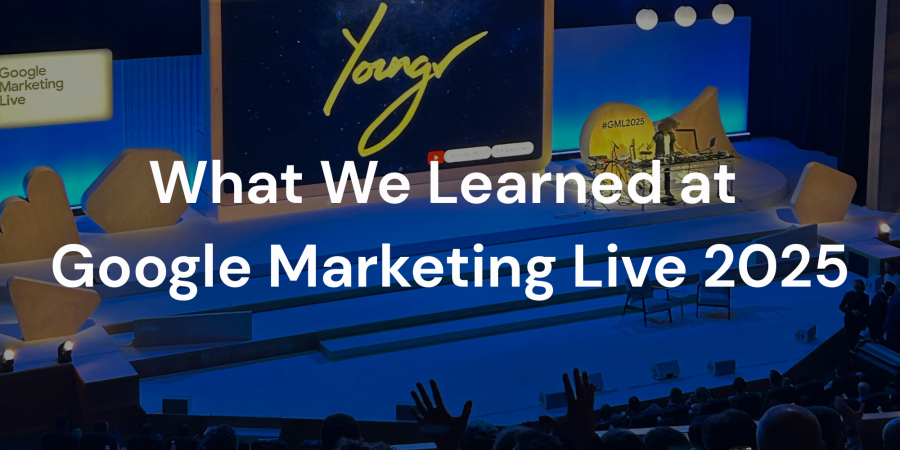 News
News
What We Learned at Google Marketing Live 2025
You can buy more YouTube using AI! Events such as Google Marketing Live are always useful for confirming what you…
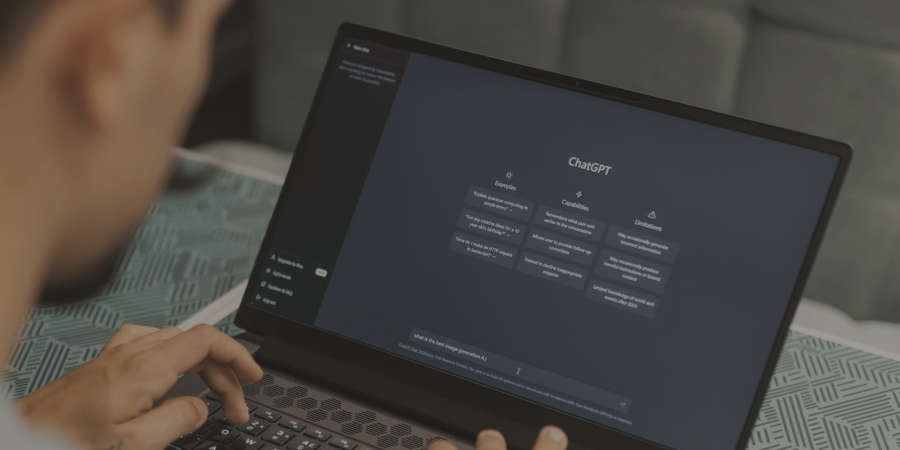 News
News
ChatGPT Adds Product Discovery
ChatGPT have announced the launch of product recommendations in their search results. This will include personalised product recommendations using past…
 News
News
Boost Your Video Rankings with Effective Landing Pages
Google can analyse and index video content, making it eligible to appear in search results. Most videos in SERPs come…
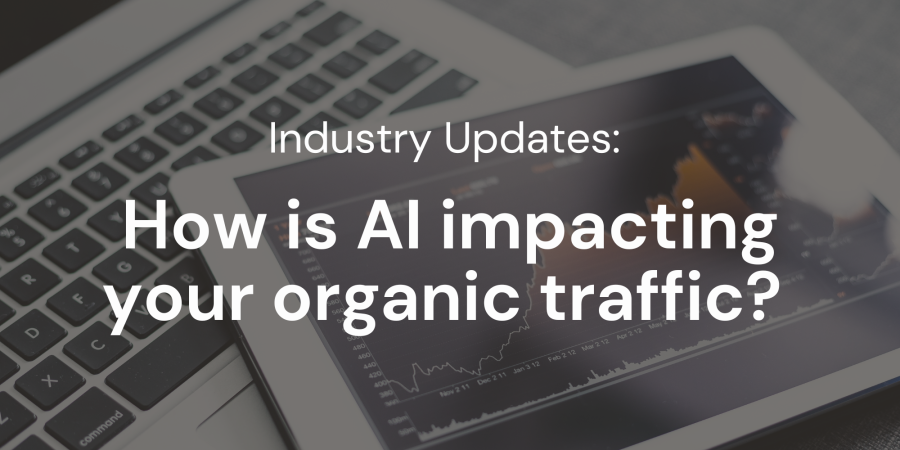 News
News
Industry Updates: How is AI impacting your organic traffic?
February 2025 saw significant shifts across the SEO landscape, with search volatility at its highest since late last year. From…
 News
News
Affiliate Marketing: Myths, Mistakes, and Marketing Magic Webinar
Affiliate marketing continues to evolve, offering untapped potential for brands to explore. In our recent webinar, David Lloyd, Chief Customer…
 News
News
Neve Set to Sparkle with Summit
Neve Jewels Group have chosen Summit to drive their performance marketing growth across multiple marketing channels. Summit have started working…
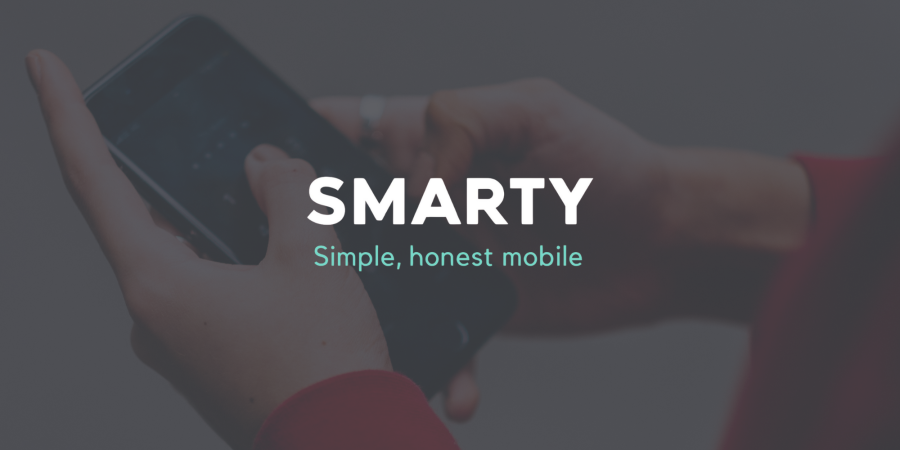 News
News
A Smart(y) Win for Summit
Smarty Mobile have turned to Summit to support their affiliate marketing growth in 2025 and beyond. After successfully helping Three…
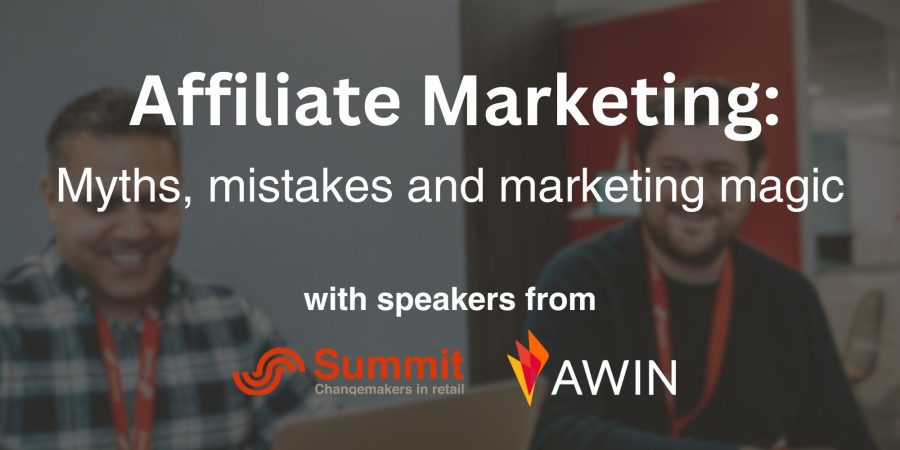 News
News
Affiliate Marketing: Myths, Mistakes and Marketing Magic
About the Event: When: Thursday March 20 2025 at 03:00 PM (GMT) What: Affiliate Marketing: Myths, Mistakes and Marketing Magic…